Organisations in Asia-Pacific prioritising skills over experience to build future-ready workforces

Organisations across Asia-Pacific are shifting to skills-based talent strategies to boost workforce agility, resilience, and future-readiness, Aon report finds.
Why the future of work depends on the future of learning
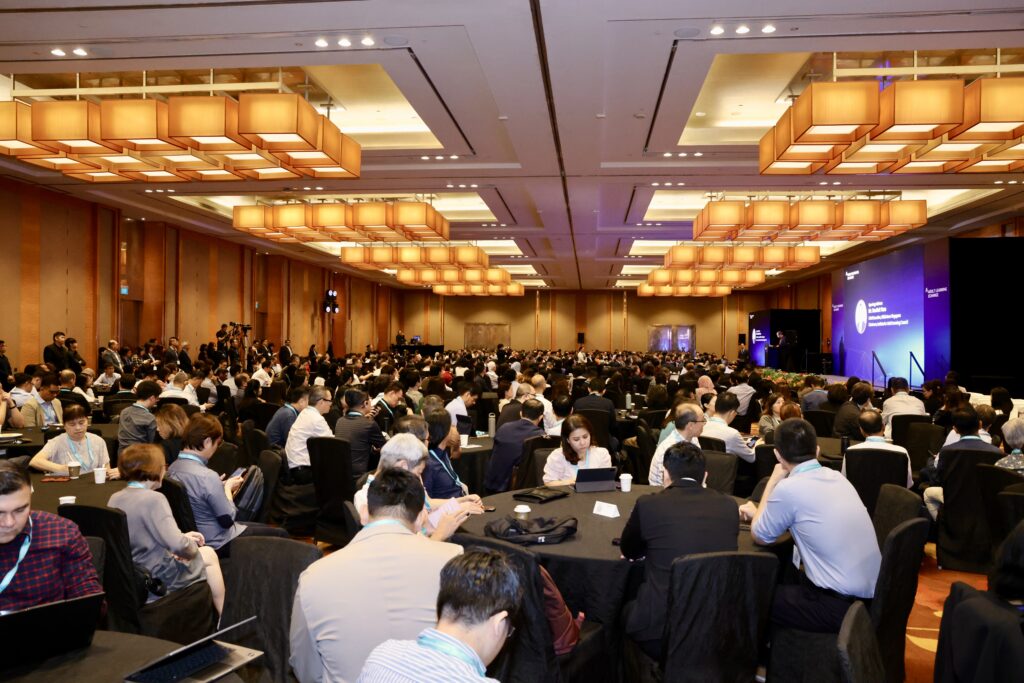
Dr Samson Tan reflects on Singapore’s future-ready workforce, sharing insights on AI, lifelong learning, and evolving adult education models.
CHRO Indonesia 2025 to address HR’s AI-powered future

Indonesia’s top HR leaders will gather at CHRO Indonesia 2025 to explore AI, innovation, and the future of work.
Talent crunch in Asia-Pacific drives focus on reskilling and strategic human capital planning

Half of Asia-Pacific executives struggle to attract and retain talent, urging HR to drive digital transformation and human-centred skill development, says Forvis Mazars’ Iris Goh.
Beyond traditional HR: Tetra Pak’s integrated strategy for people, sustainability, and innovation

With Lin Hong Ming at the helm, Tetra Pak is shaping a people-first strategy that fuels innovation and future-proofs its workforce.
Building a real culture of learning will move your company forward

A culture of learning is not a static achievement. The most successful organisations are those that see learning not as a cost, but as a long-term investment.
From IBM to The Kyndryl Way: Inside a successful cultural transformation

Under CHRO Maryjo Charbonnier’s leadership, Kyndryl transformed from an IBM spin-off into a thriving, people-first technology powerhouse.
Reskilling at speed: How organisations can keep pace with AI-driven change

With AI accelerating change, Workday’s Fabio Tiviti explains how a skills-based approach helps organisations drive agility, productivity, and long-term success.
HR Tech Asia 2025: Power Talks to tackle future of work challenges
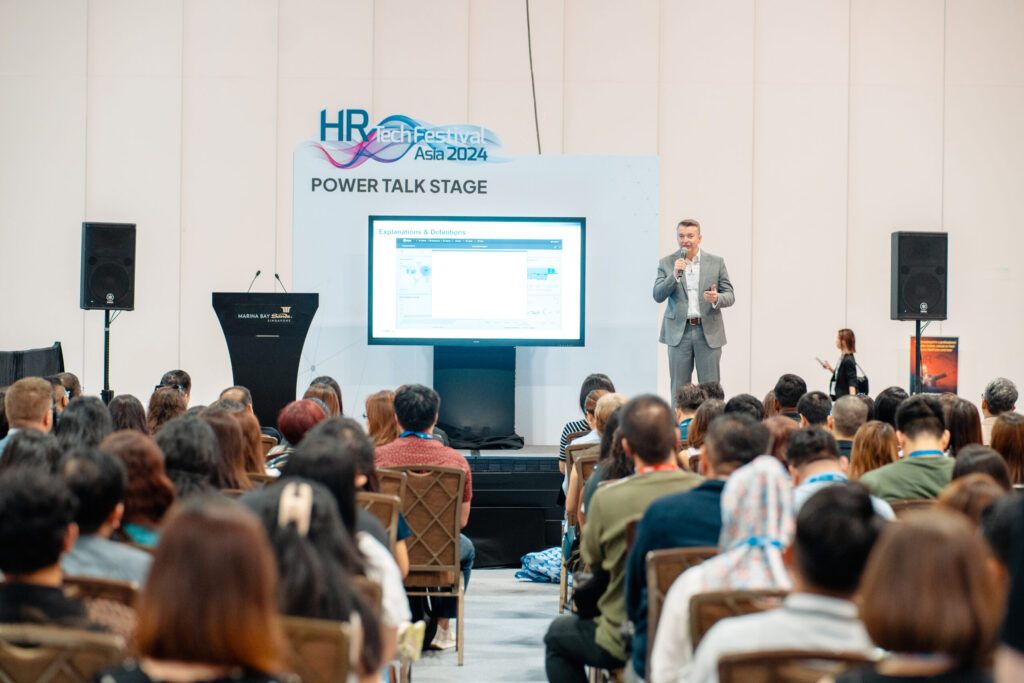
Discover cutting-edge HR strategies and game-changing ideas at HR Tech Asia 2025’s Power Talk Stage—where innovation meets action.
Inside UNIQLO Singapore’s plan to win the retail talent war

At UNIQLO Singapore, Juliana Tan champions digital innovation and inclusive talent development to meet the demands of modern retail.
Driving workforce transformation: HR Tech Asia 2025 puts the future of talent in focus
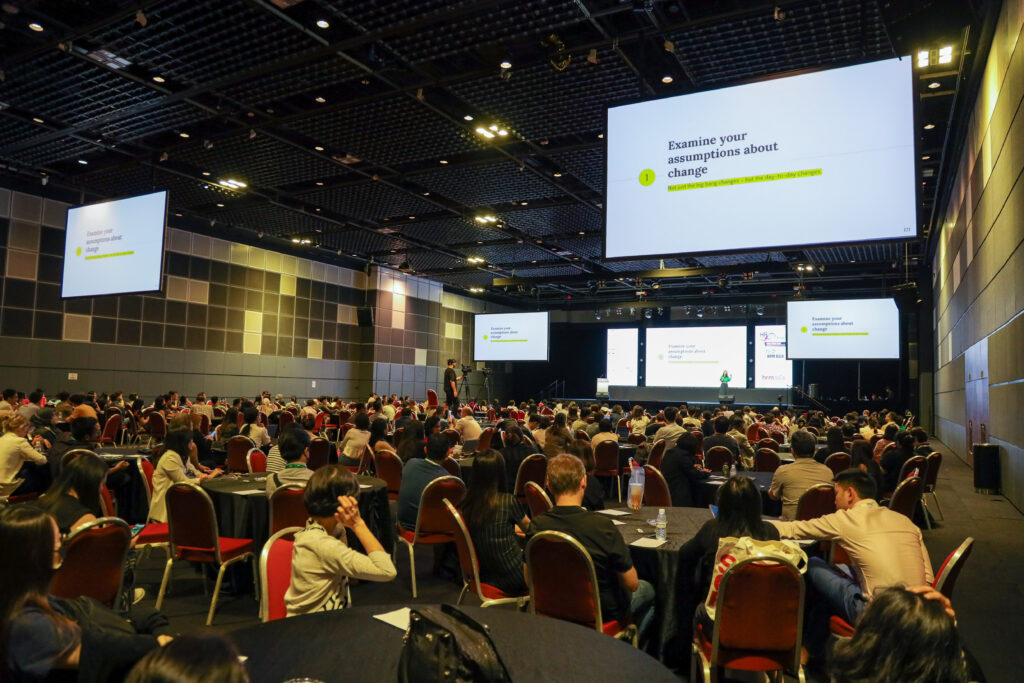
HR Tech Asia 2025’s Workforce Transformation track offers transformative insights on strategic talent management and building future-ready organisations.
A human-centric approach to AI integration in HR

From hiring to retention, AI is redefining HR processes, offering opportunities to enhance efficiency while prioritising human connection.
Women in tech could unlock billions for firms in Australia

With women making up just 30% of Australia’s tech workforce, reskilling could bridge the gap, boost salaries, and drive economic growth.
Matching grants proposed to bridge Malaysia’s SME skills gap

SMEs in Malaysia face a skilled labour shortage, prompting calls for priority hiring of government-trained graduates and increased workforce upskilling.
For HR success in 2030, focus on these three areas today

Over the next five years, a new report finds, HR professionals must lead with strategic vision to align people and business strategies.
The AI tsunami: HR’s helm in charting the course of work’s future

AI is reshaping the workforce, creating new roles and demanding fresh skills. How can HR leaders prepare employees for this transformation?
European HR tech innovators: Lessons from BBC, Netflix and IKEA
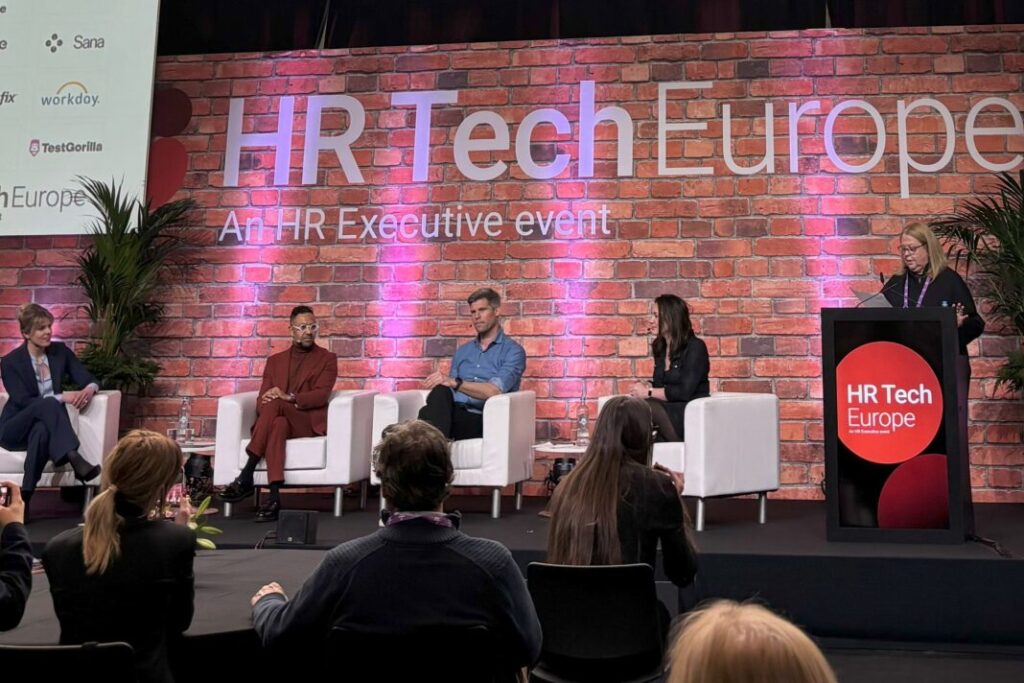
Future-ready organisations integrate tech while prioritising purpose, human connection and continuous learning, say European HR leaders.
People-first HR: Cultivating leaders in Asia’s dynamic markets
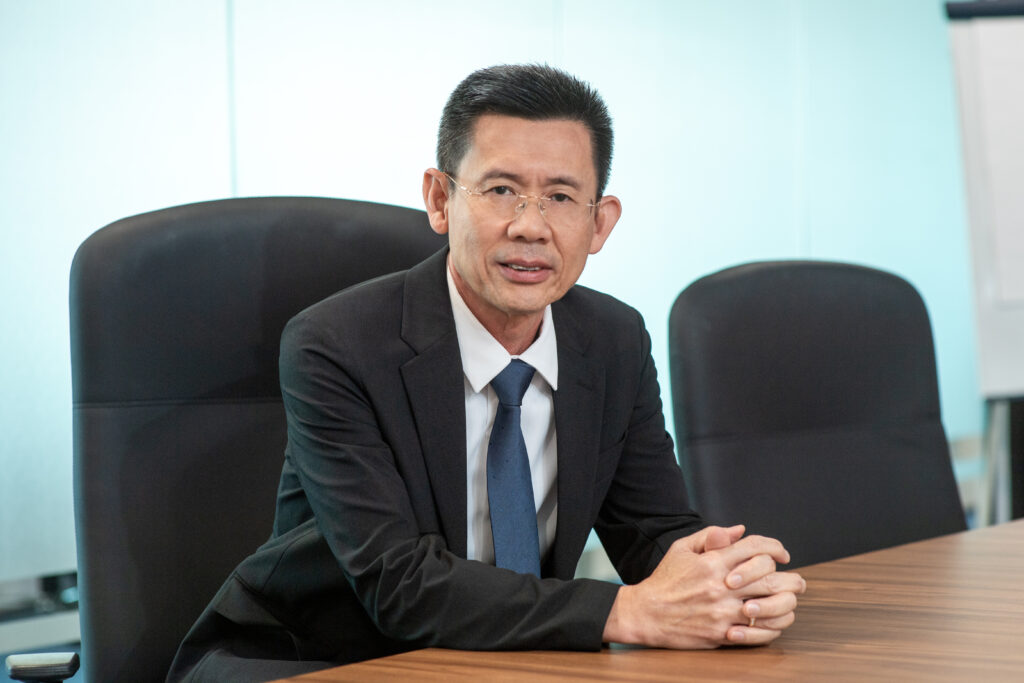
ADM is reshaping its HR strategies in Asia-Pacific, focusing on mentorship, early talent development, and fostering inclusion for long-term growth.
Singapore expands support for flexible work and reskilling

More organisations in Singapore are embracing flexible work arrangements as the government expands support for reskilling and strengthens workplace fairness policies.
Singapore’s AI boom faces a gender gap

Despite a surge in women’s GenAI enrolments, they remain underrepresented, highlighting the need for targeted interventions to bridge the gender gap.
DBS invests in upskilling as AI alters contract roles
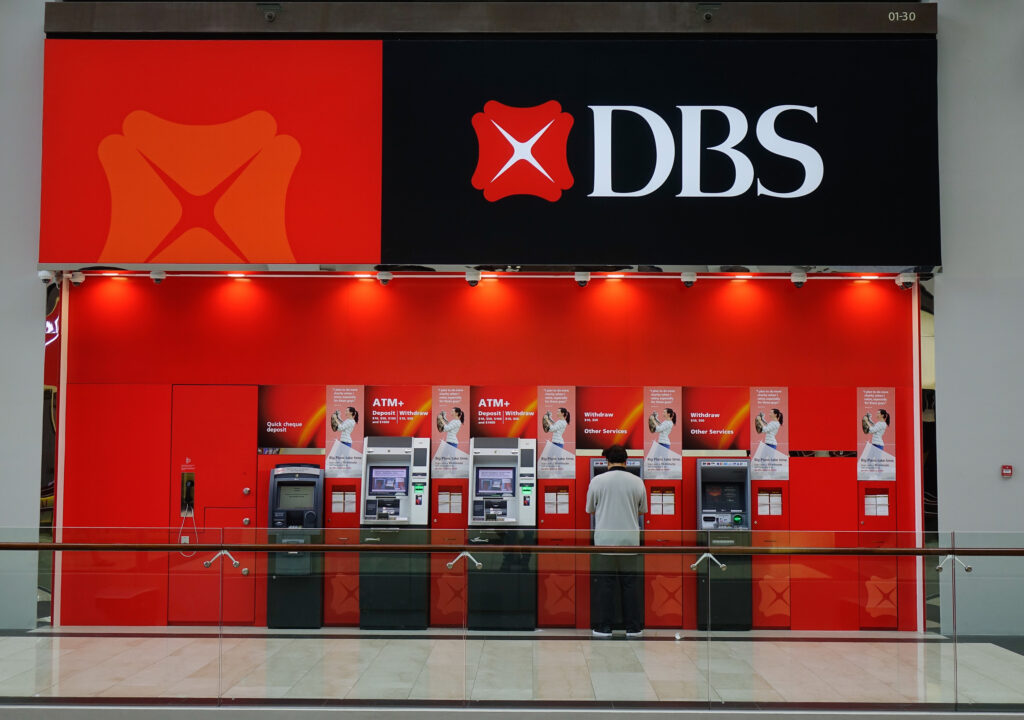
DBS plans to harness AI to enhance efficiency, reducing contract roles through natural attrition while investing in workforce upskilling.
Supercharging workforce agility: The AI advantage in upskilling
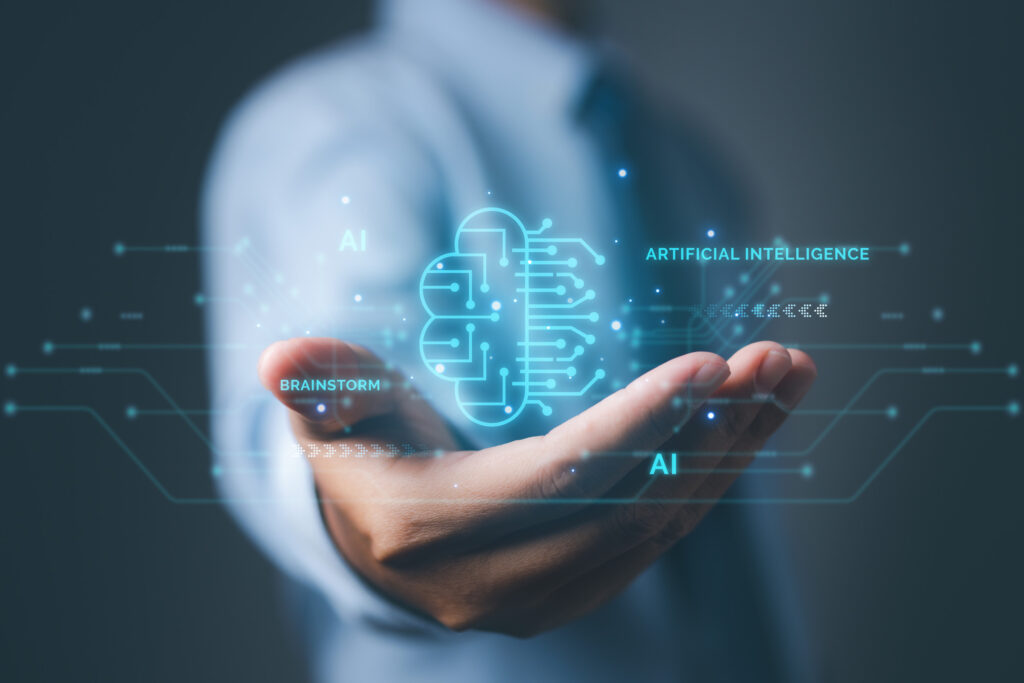
Building a future-ready workforce requires more than AI adoption—it demands agile upskilling strategies that drive resilience, innovation, and long-term success.
Singapore Budget 2025: Boosting workforce development and AI-driven innovation

Singapore Budget 2025 highlights AI and skills transformation, with expanded initiatives to upskill employees and boost workforce competitiveness.
Empowering people in the age of AI: Three essential skills for 2025

As AI integrates into workplaces, PwC’s Chief People Officer explores the skills needed for success and how AI is changing the game.
Singapore announces new funding measures to support workforce transformation
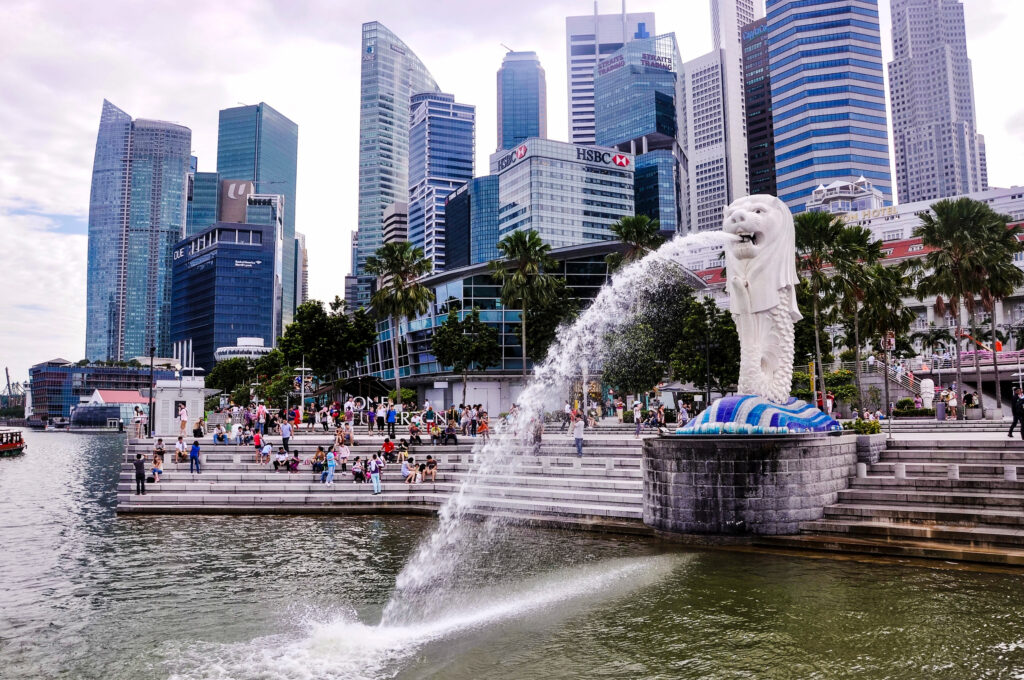
Singapore is ramping up workforce development efforts with expanded SkillsFuture training allowances, enhanced employer support, and leadership development initiatives.
Is your skills strategy ready for the age of AI?

AI-powered skills strategies are transforming workforce agility, enabling organisations to adapt, grow, and thrive in an ever-changing landscape.
Indonesia focuses on workforce transformation to boost global competitiveness

Indonesia is addressing workforce challenges by prioritising upskilling and reskilling to equip employees with digital and industry-specific skills for future growth.
HR’s transformation takes centre stage at CHRO Philippines 2025
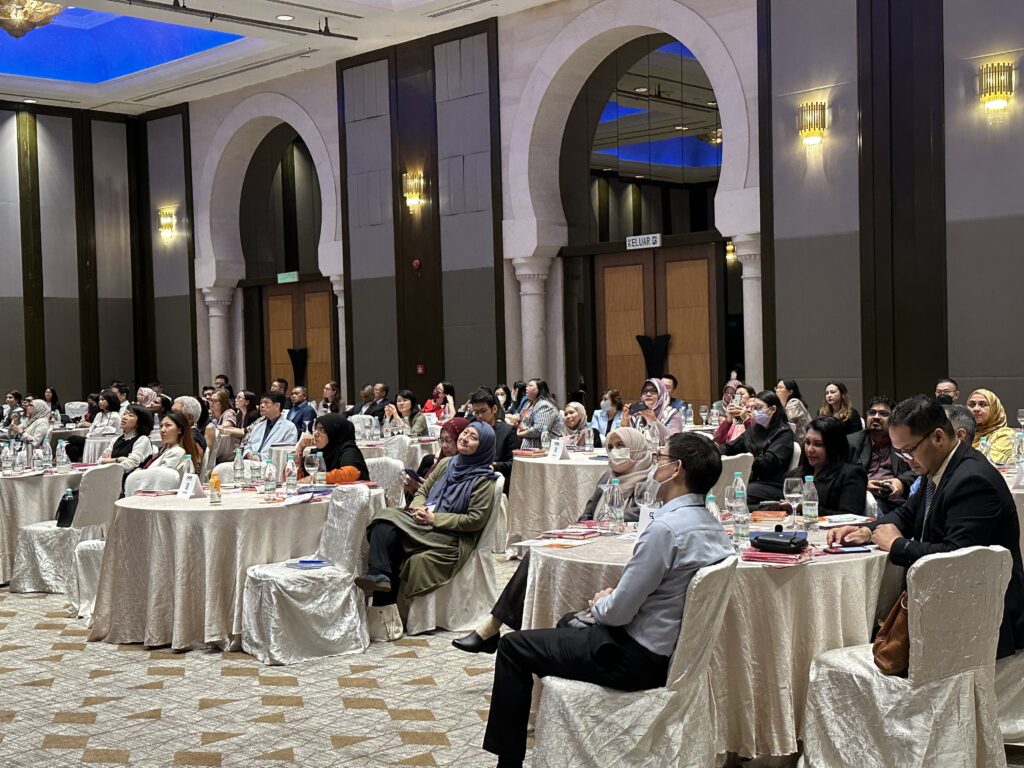
Gain cutting-edge HR insights and strategies at CHRO Philippines, empowering leaders to drive innovation and growth.
Employee experience key to Vietnam’s HR growth
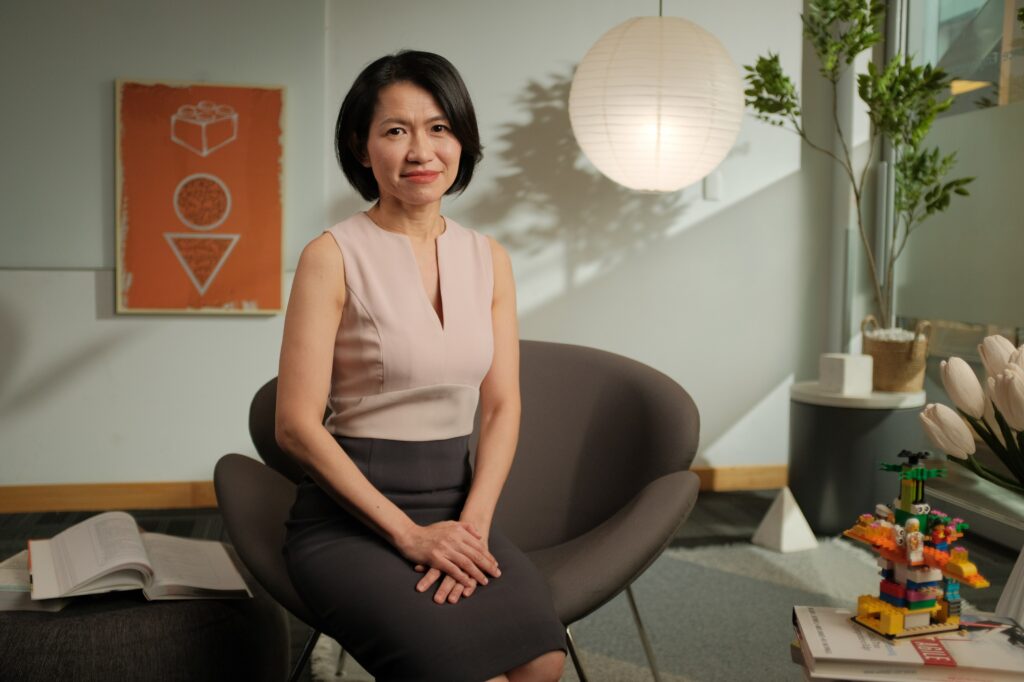
Continuing the discussion about HR in Vietnam, RMIT University Vietnam’s Elaine Chew explores how blending cultural values with modern practices shapes employee experience and organisational success.
Creative skills: A must-have beyond traditional roles, says SkillsFuture Singapore report

Creative skills like design and branding are increasingly valued across industries, with demand growing beyond traditional creative roles since 2019.
